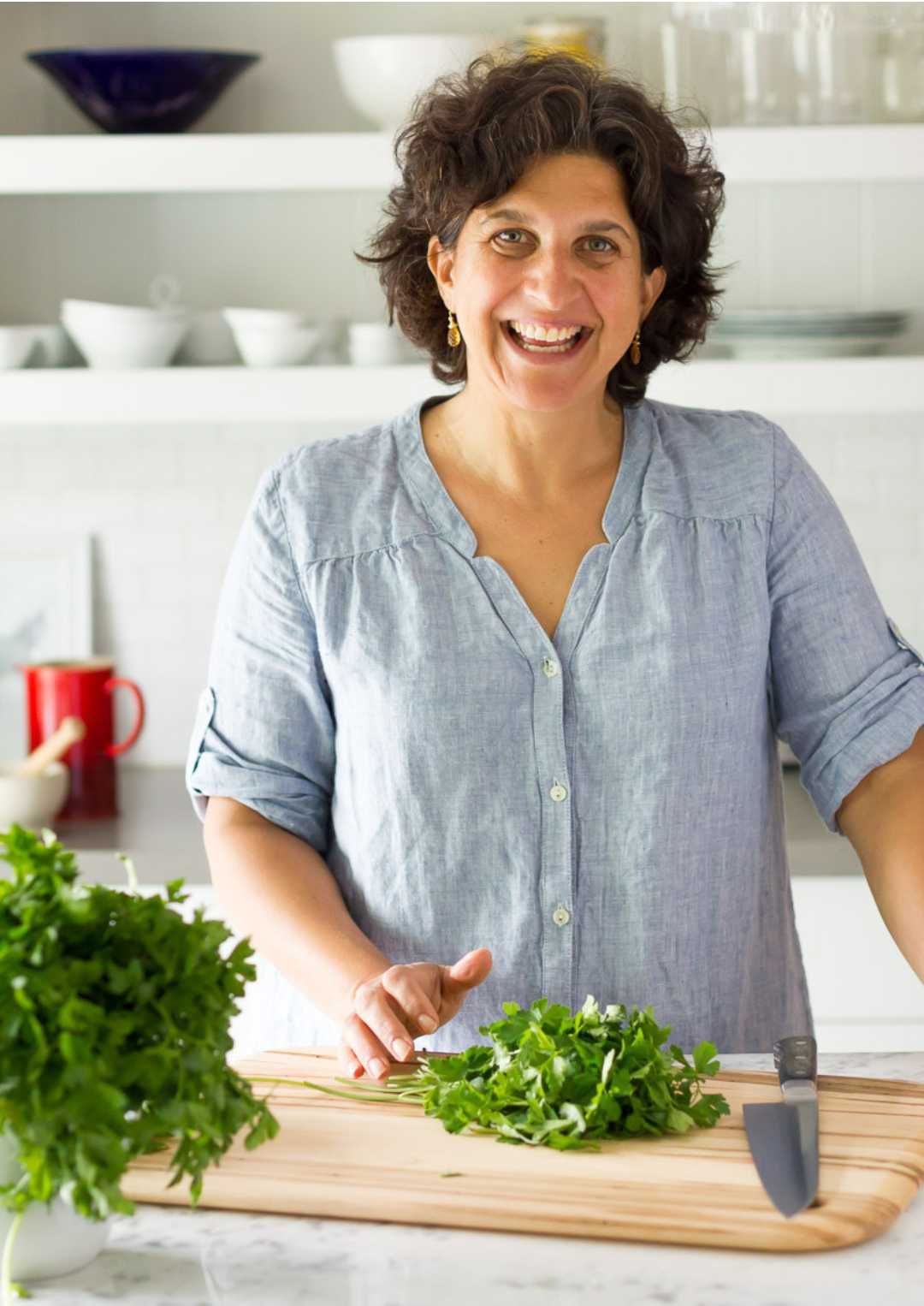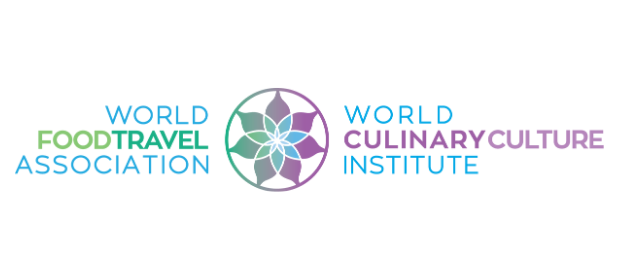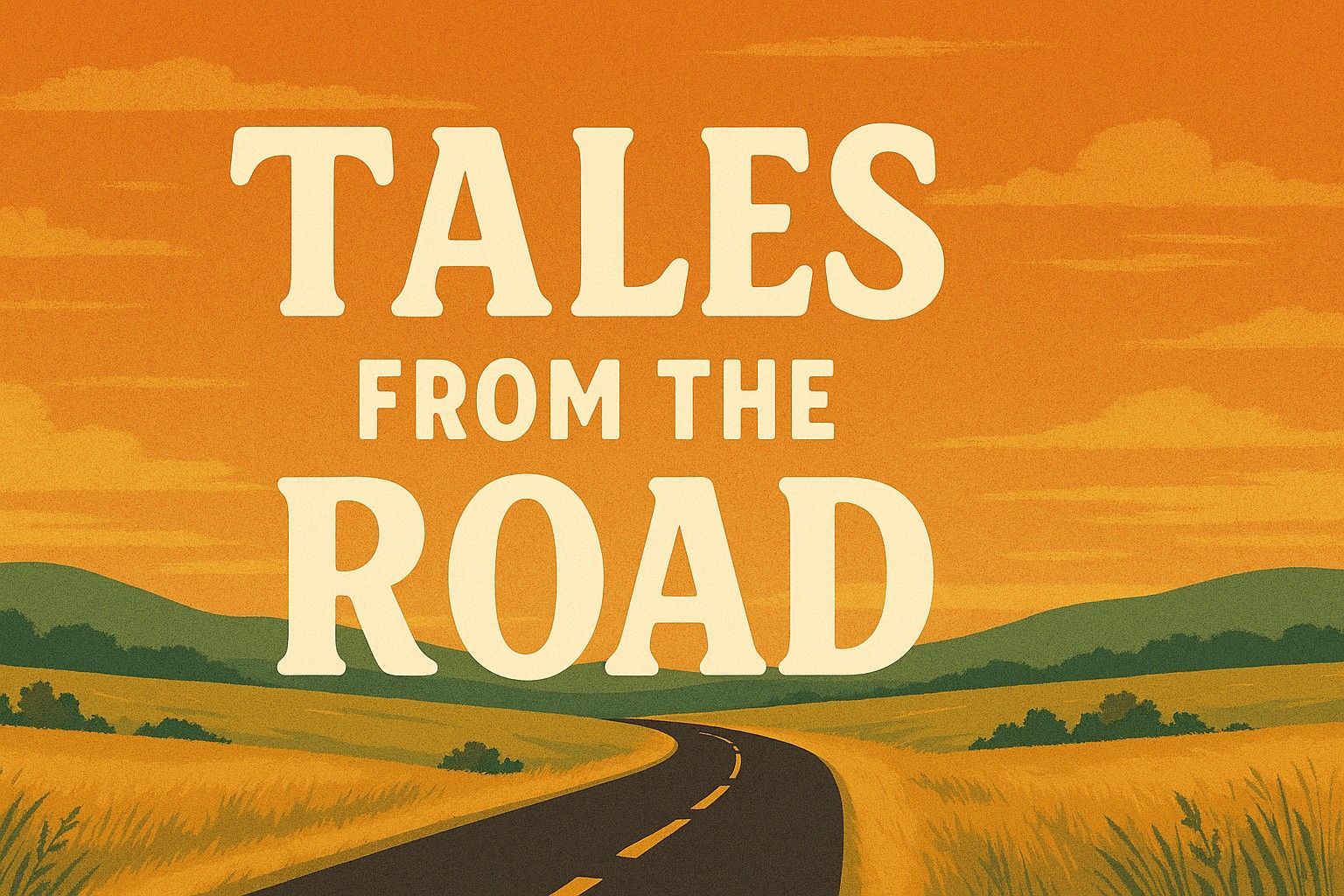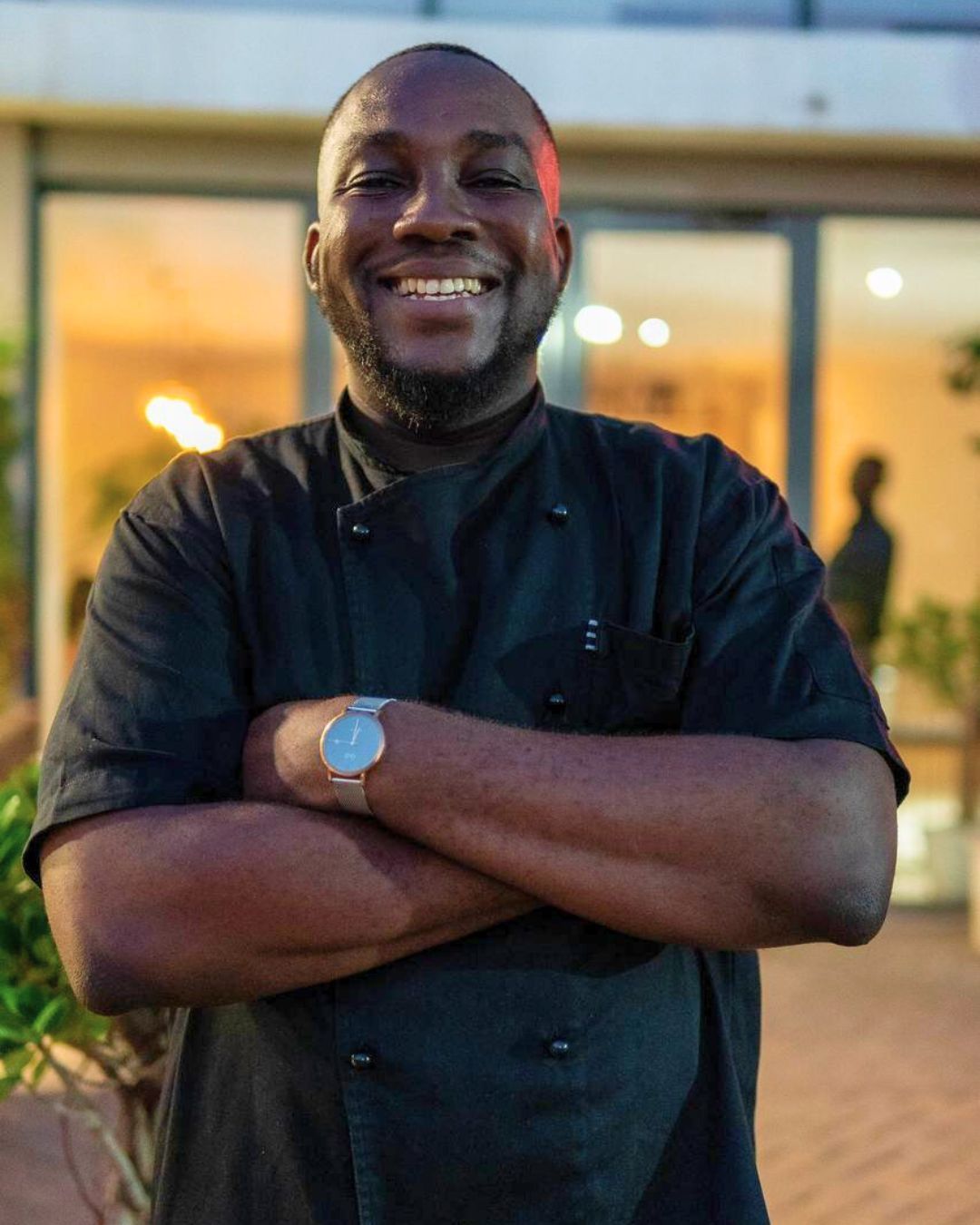How to Make Your Gastronomy Business More Planet-Friendly

By Louise Palmer Masterton, Founder & Chef, Stem & Glory
Recently, I went to the premiere of David Attenborough’s new film ‘A Life on our Planet’.*
Described as his ‘witness statement’, the film contained a plethora of compelling statistics that defined the devastating problems we face if we do not stop destroying our planet. The film shows the numbers for the rapid increase in global population, the increase in carbon in the atmosphere, and the accompanying sharp decrease in unfarmed natural land.
It is a stark message. By losing the biodiversity of our land, we are fast accelerating towards extinction as our planet struggles with the excess demands placed upon it. The earth has finite commodities, but we are acting like they are limitless.
The film does however end with a ray of hope. Attenborough lays out the steps we need to take to quickly redress the balance and allow the planet to recover.
These steps are simpler than you might think.
- Population control – end poverty and increase access to education for all people, which will naturally lead to population control. This, of course, requires global commitment.
- Rewild the rainforests to restore biodiversity. Rewild more farmland.
- Stop eating meat. For every one carnivore in nature there are at least 100 prey animals, so for 11 billion humans to be carnivores is completely unsustainable. It’s an absolute no brainer.
- Abandon fossil fuel in favour of renewable energy. Everyone knows this, but with pension funds and big business still investing in fossil fuels there is a substantial way to go.
- Land use. Using less land in more intelligent ways to produce more food, such as vertical and urban farming.
- Stop Waste. Period.
So how can tourism and gastronomy businesses play their part?
You might think that most of this list is beyond the sphere of influence of an individual or an individual business, with international action and financial incentives needed for this to happen on a global scale.
Whilst it’s true that international action is needed, we can all instigate actions that make a difference. Some of these involve supporting non-profits in a financial sense, but many of the actions we can take are changes within our own supply chains which are not disruptive or costly. They simply involve making more ethical choices in our purchasing decisions.
A recent Futerra survey showed that 88% of consumers want brands to help them be more sustainable, and many people utilise their purchasing power as a way to make their mark, so it’s also a shrewd business decision to make positive changes within our own businesses.
- Education
Consider donating a small part of your income. Attenborough states that to achieve the eradication of poverty, education, particularly of women, plays a huge part. Camfed, a charity directly impacting the education of women is one such example of an organisation working towards this aim.
- Rewilding
Work with the many new ethical suppliers who are themselves making a difference. For example, we work with a tea supplier called Reforest Tea. For one 500g bag of breakfast tea, costing £12, they are able to plant 6-8 trees. Perform your own sustainability audit (there are also individuals and organisations that can conduct this for you, or you could simply do it yourself). For example, it’s now widely known that palm oil is one of the main reasons that the rainforest has been destroyed, so eradicating it in your home, business and supply chain is one way of making an impact.
- More Plant-based meals
Obviously as a vegan brand we are hoping that the whole world will eventually refrain from eating meat. But even if you are not vegan, the fact that 65% of all the mammals on this planet are farm animals, their devastating carbon impact and land use cannot be overstated.
It’s simply not sustainable for the 11 billion animals on the planet to eat other animals. But what does this mean for a food business that serves meat? And what if your offering is purely meat-based, like a steakhouse? Fortunately/unfortunately it means you need to pivot your business model. Although it might feel like your offering is well supported now, it will become increasingly regarded as unethical in the future.
I am not lecturing here, but don’t count on people wanting to continue eating meat in the future as they do now. So now is the time to explore plant-based options that suit your brand and develop new products that have a lesser carbon impact. Stem & Glory is working on a pilot project with a new business that does carbon labelling for menu items. It may take a while for this to take on, but we predict this will be in huge demand in the future by consumers.
- Using Renewable Energy
In pursuit of renewable energy, hospitality businesses can make a huge impact by simply moving to renewable only energy sources. There are a number of these now, including the most established Ecotricity and Green Energy. But we can go one step further. Who are your investors? What are their green credentials? Do they invest in fossil fuels? Who are your partners? Who are your landlords? Scrutinise everything. Ask questions. Take every opportunity you can to bring attention to this.
- Vertical Farming
I visited Amsterdam in February, in those heady days before Covid-19. There are some super-exciting projects there with vertical and urban farms. They are a big exporter of vegetables because of this. They get greater output from a much smaller footprint in this way. It’s now also breaking into the hospitality sector. I visited a restaurant called Juniper & Kin which is on the top floor of a tall hotel building. They have a greenhouse on their roof and grow a high percentage of their produce there. There are a number of similar operators in the UK and it’s a hugely exciting space to be involved with. We are in discussion with our landlords about making this happen at our existing and all future sites.
- Waste
. Probably the biggest issue of all.
Food Waste
More than one-third of all food produced is wasted. And with regard to fruit and vegetables, it is almost half. In the developing world, this waste is largely down to inefficient processing, poor storage, and insufficient infrastructure. In medium and high-income countries, whilst supply chains can still be an issue, the behaviour of consumers plays a much greater part. We are simply buying it and not eating it. Much of this food waste could be avoided if it were managed better. The hard fact is, if we managed to reduce the amount of food waste down by just 25%, that would be enough food to feed the 870 million who currently do not have enough to eat.
Packaging Waste
There is a huge amount of misinformation out there on this subject, especially with regards to single-use. I watched a short film recently, called ‘Our Planet, Our Business’, and one of the experts said, ‘there is no such thing as waste, it’s just a commodity in the wrong place at the wrong time’. That really struck me. Packaging is a complicated subject that we’ve been immersed in researching for some time, and here is what we have learned:
- The only truly sustainable, circular solution for packaging is to use products that are made from 100% recycled post-consumer waste, which is then endlessly recycled. So, we are no longer using single-use anything.
- Compostable is not the answer to the issue of single-use, as compostable containers are widely made from virgin materials, which increase the carbon footprint of the product, and do nothing to solve the issue of mass disposability.
- When the world is truly plastic-free, then it may be that recycled packaging which is also compostable could play a part. But, whilst we have such huge amounts of post-consumer plastic waste, the most responsible thing we can do is recycle it. If the demand for 100% recycled plastic were greater, demand would also increase for manufacturers to buy post-consumer waste plastic. And so it goes on.
- Of course, responsible use of recycled plastic products requires education, and we need to invest energy into just that. It’s a big step for us all to make in our heads because plastic has been vilified for so long, but research shows it’s moving away from single-use anything that has the greatest carbon impact. The leap we all need to make is to start viewing plastic (and everything else on this planet) as a valuable commodity.
Other Waste
At Stem & Glory, we are currently fitting out a new site in Cambridge. The driver behind our decor is reuse and recycle as far as possible. It’s been great to see that there are so many new products on the market that are composed of recycled post-consumer waste. We predict that this will explode massively in the coming months and years. From table-tops to worktops, paint, flooring, concrete, lights, innovation is everywhere. And it looks completely fab! As part of this process we have also been able to get our entire team on board – from designers to contractors, all are now also committed to the reuse and recycle way of living.
And this is probably the best way we can win hearts and minds to tackling climate change. Never underestimate the contribution that an individual or individual business can play. By changing ourselves we generate spirals of positive influence – the R number of sustainability! The more you make changes and tell others, the more people you will influence for good.
ABOUT THE AUTHOR
Louise Palmer-Masterton is the founder of multiple award-winning restaurants Stem & Glory; hip and trendy but accessible plant-based restaurants, serving delicious gourmet vegan food from locally sourced ingredients, 100% made on site. Stem & Glory also offers click-and-collect and local delivery in London and Cambridge. Follow our crowdfunding work here.
Notes:
*David Attenborough: A Life On Our Planet – is available on Netflix, or you can preview the show here on YouTube.











